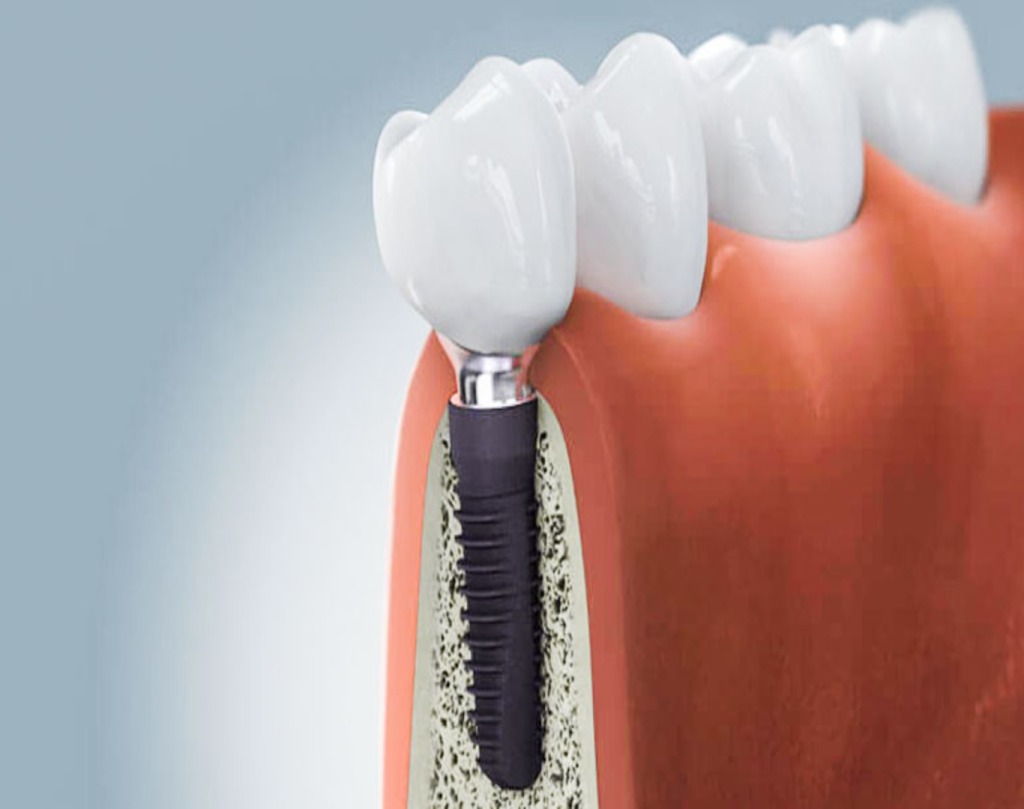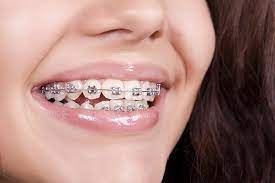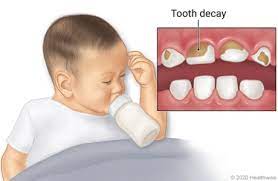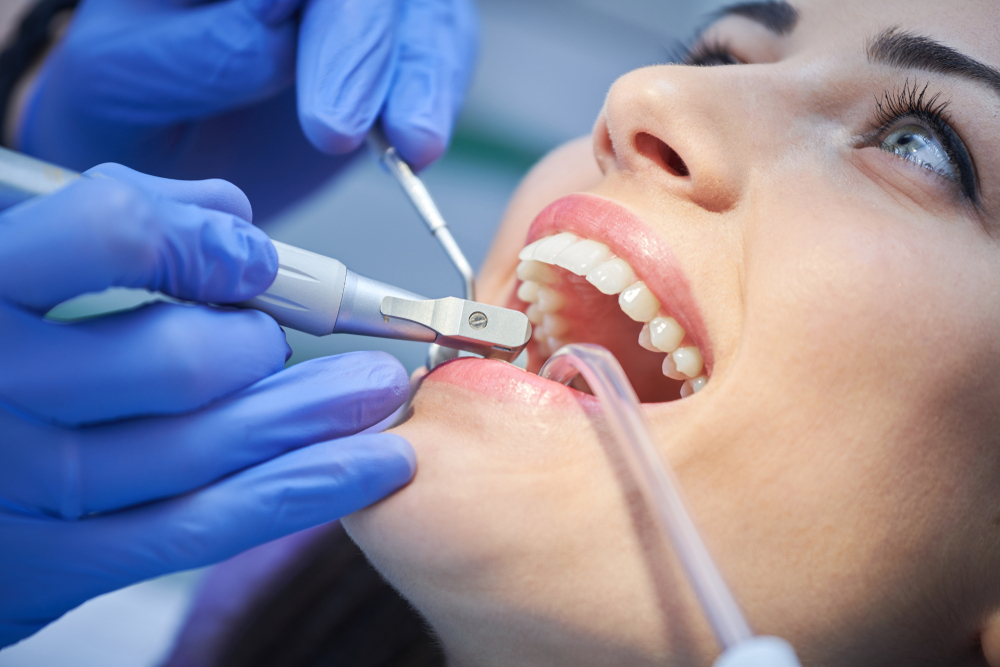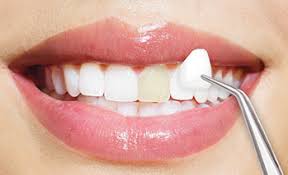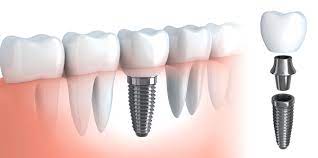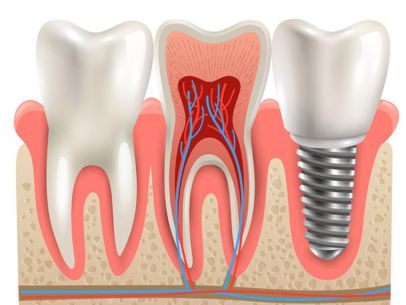
Dental health is a crucial aspect of overall well-being, and advancements in dentistry have introduced various treatments to address issues like missing teeth. Among these, dental implant treatment stands out as a reliable and effective solution. In this comprehensive guide, we will explore the ins and outs of dental implant treatment in Viman Nagar, shedding light on the procedure, benefits, and factors to consider when choosing a dental clinic.
Understanding Dental Implants
Definition and Purpose
Dental implants are artificial tooth roots surgically implanted into the jawbone. The primary purpose is to provide a stable foundation for replacement teeth, ensuring improved functionality and aesthetics.
Types of Dental Implants
There are various types of dental implants, including endosteal and subperiosteal implants. Each type caters to specific needs, and a thorough understanding is essential for making informed decisions.
Benefits of Dental Implants
Improved Aesthetics and Functionality
One of the key advantages of dental implants is the enhancement of both appearance and functionality. The replacement teeth look and feel natural, restoring confidence and enabling seamless chewing and speech.
Long-term Durability
Dental implants boast remarkable durability, often lasting a lifetime with proper care. Unlike traditional dentures or bridges, they don’t require frequent replacements, making them a cost-effective choice in the long run.
Preservation of Jawbone
Implants stimulate the jawbone, preventing bone loss and maintaining facial structure. This crucial benefit sets dental implants apart, addressing not only aesthetic concerns but also preserving oral health.
Choosing Dental Implant Treatment in Viman Nagar
Viman Nagar as a Popular Location for Dental Care
Viman Nagar has emerged as a hub for quality dental care, with numerous clinics offering specialized services. The central location, accessibility, and a range of facilities make it an attractive choice for individuals seeking dental treatments.
Factors Influencing the Choice of Location
When choosing a location for dental implant treatment, factors such as proximity, reputation, and recommendations play a pivotal role. Viman Nagar excels in meeting these criteria, making it a preferred destination for dental procedures.
Qualities of a Reputable Dental Clinic
Accreditation and Certifications
A reputable dental clinic should be accredited and hold relevant certifications. These credentials ensure adherence to industry standards and a commitment to providing high-quality care.
Experienced and Skilled Professionals
The expertise of dental professionals is crucial for the success of implant procedures. A clinic with experienced and skilled dentists instills confidence in patients, assuring them of competent care.
Advanced Technology and Equipment
State-of-the-art technology and equipment contribute to the efficiency and precision of dental implant procedures. Choosing a clinic with modern facilities enhances the overall treatment experience.
The Dental Implant Procedure
Consultation and Assessment
The journey begins with a thorough consultation and assessment. The dentist evaluates the patient’s oral health, discusses treatment options, and addresses any concerns or questions.
Implant Placement Process
The actual implant placement involves a surgical procedure where the implant is securely positioned in the jawbone. This phase requires precision and is typically performed under local anesthesia.
Recovery and Aftercare
Post-implantation, a recovery period ensues. Patients are provided with detailed aftercare instructions to promote healing. Follow-up appointments are scheduled to monitor progress and address any issues.
Common Misconceptions About Dental Implants
Addressing Myths and Concerns
Several misconceptions surround dental implants, including concerns about pain, safety, and success rates. Clarifying these myths is essential for patients to make informed decisions without unnecessary apprehensions.
Clarifying the Safety and Success Rates
Extensive research supports the safety and high success rates of dental implants. Understanding the scientific basis behind these procedures dispels doubts, fostering trust in the effectiveness of implant treatments.
Cost Considerations
Factors Influencing the Cost
The cost of dental implant treatment varies based on factors such as the number of implants, materials used, and additional procedures. A transparent discussion about costs ensures that patients can plan accordingly.
Long-term Cost-effectiveness of Dental Implants
While the initial cost of dental implants may seem higher than alternative treatments, their long-term cost-effectiveness becomes apparent over time. The durability and minimal maintenance contribute to overall savings.
Patient Testimonials
Real-life Experiences
Listening to the experiences of individuals who have undergone dental implant treatment provides valuable insights. Positive testimonials highlight successful outcomes and the positive impact on patients’ lives.
Positive Outcomes and Satisfaction
Many patients express satisfaction with their decision to choose dental implants. The restored confidence and improved oral health contribute to an enhanced overall quality of life.
Risks and Complications
Discussing Potential Issues
As with any medical procedure, dental implants come with potential risks and complications. Educating patients about these possibilities ensures they are well-informed and can take necessary precautions.
Importance of Following Post-treatment Guidelines
Minimizing risks post-implantation involves strict adherence to post-treatment guidelines. Patients must follow care instructions diligently to promote healing and prevent complications.
Alternatives to Dental Implants
Brief Overview of Alternative Treatments
While dental implants are a popular choice, alternative treatments such as dentures and bridges exist. A brief comparison helps individuals weigh the pros and cons, guiding them towards the most suitable option.
Comparison with Dental Implants
Highlighting the advantages and limitations of alternative treatments compared to dental implants aids in informed decision-making. The goal is to empower individuals to choose the option that aligns with their preferences and needs.
Maintaining Oral Health Post-Implant
Oral Hygiene Practices
Proper oral hygiene is crucial for the longevity of dental implants. Patients receive guidance on effective oral care practices to prevent issues such as infections and gum disease.
Regular Dental Check-ups
Scheduled check-ups with the implant specialist ensure ongoing monitoring of oral health. Routine examinations allow for the timely detection and resolution of any emerging concerns.
Choosing the Right Dental Implant Specialist
Researching and Selecting a Qualified Professional
Selecting a qualified and experienced dental implant specialist is paramount. Thorough research, reviews, and recommendations assist individuals in making an informed choice for their dental health.
Importance of Clear Communication
Effective communication between the patient and the specialist is vital. Clear discussions about expectations, potential challenges, and post-treatment care contribute to a positive experience.
Future Innovations in Dental Implant Technology
Advances in Dental Implant Procedures
Ongoing research and technological advancements continue to enhance dental implant procedures. The future holds promises of more efficient, less invasive, and technologically advanced implant treatments.
Predictions for the Future of Dental Implantology
Anticipating future developments in dental implantology provides a glimpse into the evolving landscape of oral healthcare. Innovations may lead to even more accessible, affordable, and advanced dental implant options.
Conclusion
In conclusion, dental implant treatment in Viman Nagar offers a comprehensive solution for individuals seeking reliable and long-lasting solutions for missing teeth. By understanding the procedure, benefits, and considerations, individuals can make informed decisions about their oral health. Choosing a reputable clinic, following aftercare instructions, and maintaining regular check-ups are integral to a successful dental implant experience.


